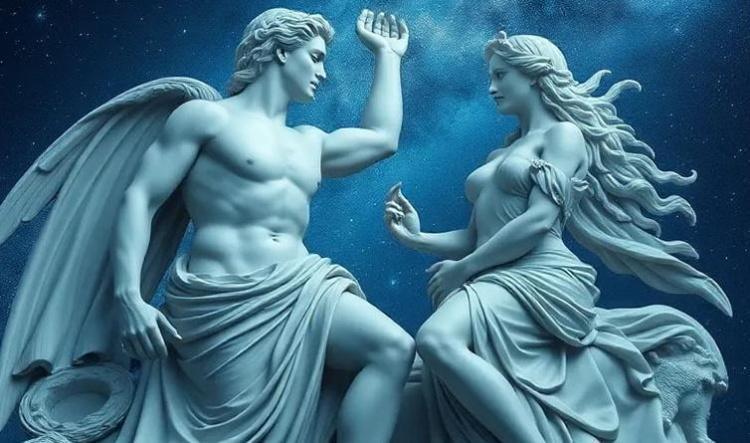Prometheus: The Fire Bringer
Hydra: The Multi-Headed Serpent of Greek Mythology
The Charites of Greek myth give us beauty, joy, and happiness
Who was Atlas and why the incredible burden put on him?
The Fates of Greek Mythology: Spinning Your Destiny
Today I learned the mythological Sirens were not beautiful mermaids but human-bird hybrid creatures
Today I learned that Greek mythology is still a practiced religion
The Labyrinth of King Minos and the Minotaur
Greek Island of Skyros - A Place of Myth & Legacy
The Madness of Dionysus - A Tale of Chaos & Revenge
The Tragic Flight of Daedalus & Icarus
The Trojan War - Myth, Legend, & Legacy
The Oracle of Delphi - Ancient Greece's Voice of the Gods
The Bittersweet Tale of Calypso & Odysseus
The Myth of Arachne - A Tale of Hubris & Humility
The Epic Quest for the Golden Fleece
The Myth of the Cyclops
The Myth of the Blemmyes
The Tragic Love of Orpheus and Eurydice
The Tragedy of Oedipus

